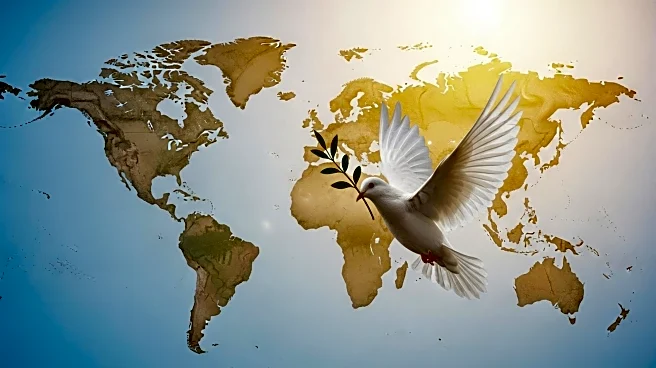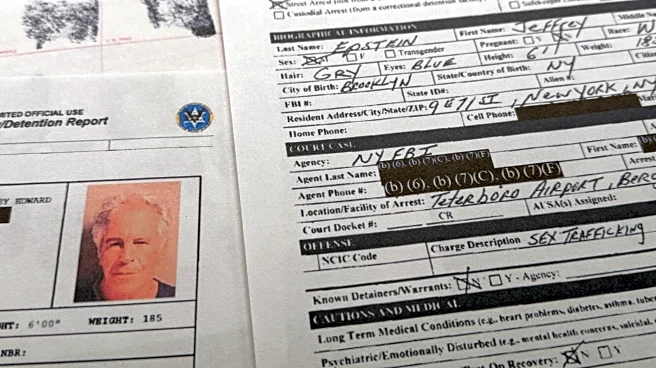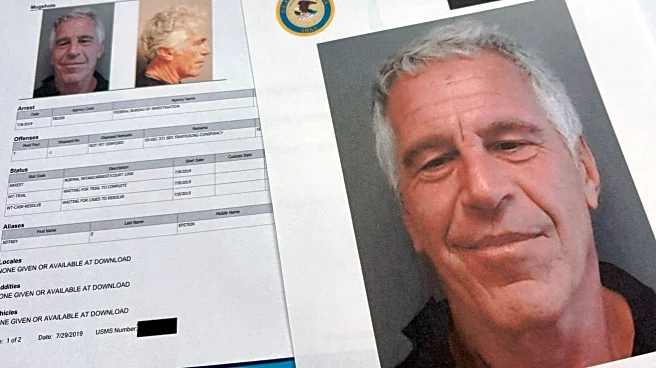What is the story about?
What's Happening?
President Trump announced on Friday that he believes a deal to end the ongoing conflict in Gaza is near. This statement comes in the wake of Israeli Prime Minister Benjamin Netanyahu's address at the United Nations, which has sparked various reactions. The conflict in Gaza has been a longstanding issue, with numerous attempts at peace negotiations over the years. Trump's assertion suggests that recent diplomatic efforts may be yielding positive results, although details of the potential deal have not been disclosed. The situation in Gaza has been a focal point of international concern, with humanitarian implications and geopolitical tensions affecting regional stability.
Why It's Important?
The potential resolution of the Gaza conflict could have significant implications for Middle Eastern politics and U.S. foreign policy. A successful deal would likely improve relations between Israel and Palestine, potentially leading to greater stability in the region. For the U.S., facilitating such a deal could enhance its diplomatic standing and influence in Middle Eastern affairs. However, the complexity of the conflict means that any agreement would need to address deep-rooted issues and satisfy multiple stakeholders. The international community, including the United Nations, has a vested interest in seeing a peaceful resolution, as it could reduce humanitarian crises and foster economic development in affected areas.
What's Next?
If a deal is indeed near, the next steps would likely involve formal negotiations and agreements between the involved parties. Key stakeholders, including the U.S., Israel, and Palestine, would need to outline the terms of the deal and ensure compliance with international standards. The United Nations may play a role in monitoring and supporting the implementation of the agreement. Political leaders and civil society groups will be closely watching the developments, as the success or failure of these negotiations could have lasting impacts on regional dynamics and international relations.
Beyond the Headlines
The ethical and cultural dimensions of the Gaza conflict are profound, with historical grievances and cultural identities deeply intertwined in the dispute. A resolution would not only address political and territorial issues but also require reconciliation efforts to heal societal divisions. Long-term peace would necessitate addressing the humanitarian needs of the affected populations and fostering dialogue between communities. The role of international organizations in supporting these efforts could be crucial in ensuring a sustainable peace.

















